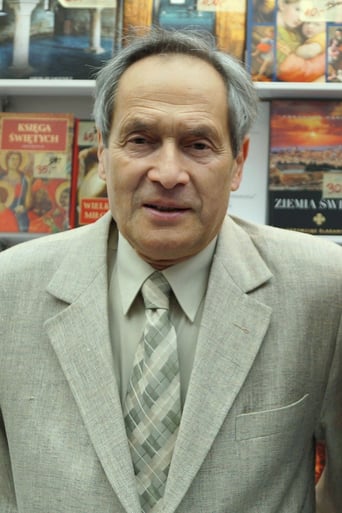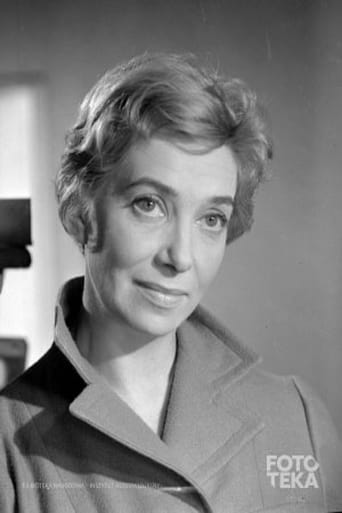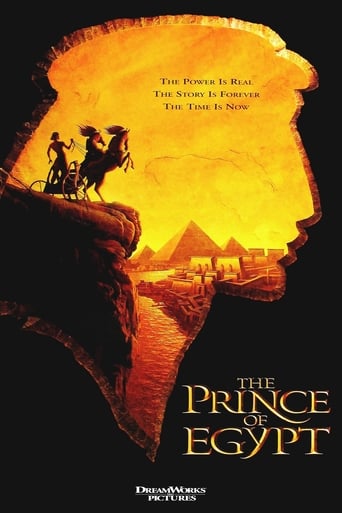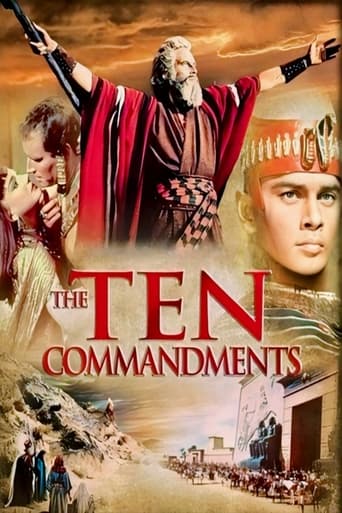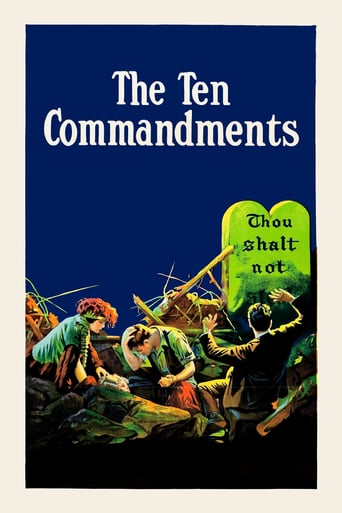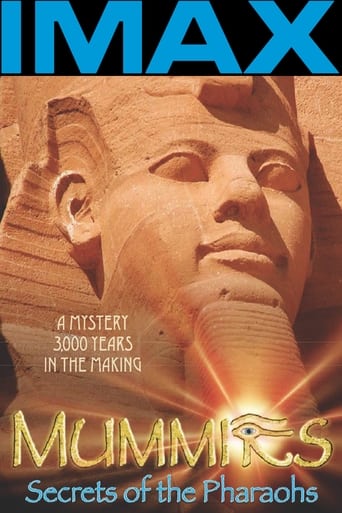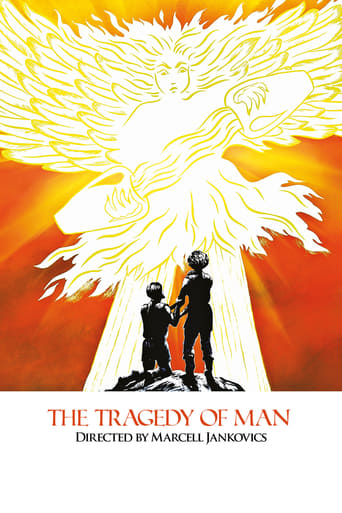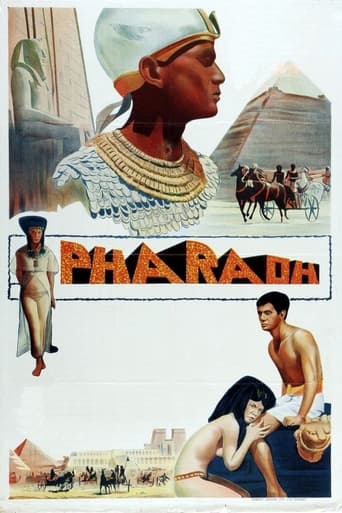
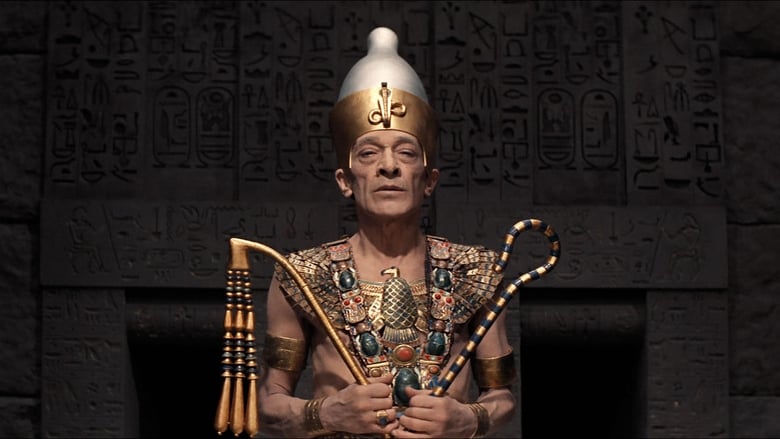
Pharaoh (1966)
Young Pharaoh Ramses XIII clashes with Egypt's clergy over influence on the affairs of the state and its coffers. inexperienced, but quite ambitious pharaoh is putting up a fight against a powerful clan of priests usurping rule over the country.
Watch Trailer
Cast
Similar titles
Reviews
Waste of time
So much average
It's no definitive masterpiece but it's damn close.
Good movie, but best of all time? Hardly . . .
I watched this movie thinking that it would be a poor, low budget ( by Hollywood standards) epic, but was absolutely delighted with it, with little actual graphic or blood-thirsty battle scenes and an excellent story, well told and one that I knew little about, in actual fact. Interesting to see again that the religion and it's leaders of the time are corrupt (has there ever been a time when that hasn't been the case ?) and that even a powerful Pharaoh is no match for them. People have constantly, in these reviews, criticized the wigs, which are actually authentic of the time, unlike Hollywood's version of them, and were actually made of wool at that period of time. The actors were all excellent in their respective roles and I think that anyone who enjoys an epic with the story well told will like this movie. I, for one, thoroughly enjoyed it and, not knowing much about Polish cinema, will certainly seek out more of the same from that country. And, best of all, like all the old epics, dating back to the silent era, NO phony looking CGI like the modern cinema has all the time mow. A breath of fresh air, so to speak.
Polish director Jerzy Kawalerowicz's long gestated film adaptation of Bolesław Prus' historical novel PHARAOH is an ambitious endeavor, dazzles in its epic scale and formalist gravitas with an exclusive Polish cast, which leads to one prescribed proviso: for purists, it is beggar belief to watch a movie about ancient Egyptians where everyone sports Polish through and through; but other than that, the film is a marvel orchestrated with vigor, mettle and pathos. The story centers around the story of an apocryphal pharaoh Ramses XIII (a 20-year-old Zelnik graced with haughty handsomeness and solemness), whose hellbent effort to seize power and pecuniary autonomy over an ever-increasingly theocratic clutches of the clergy in the Ancient Egypt. The movie opens with a static close-up of two scarabs, competing for their trophy, then reveals a throng of Egyptian soldiers marching in an expansive desert, and directly points out the strife between the young Ramses XIII and the High Priest Herhor (Pawlowski), in order to show reverence to the sacred scarabs, Herhor commands the troops to take a devious route which causes damage to the newly-built water channels, and a resultant suicide of the channel digger. The incident enrages Ramses XIII, and he vows to take down the clergy when he assumes the regalia. That day would not be too long in waiting, but what also awaits him is an Egypt sapping in wealth and sway, the priests arrange unfavorable treaties with the neighboring Assyrians in order to keep warfare at bay, which ostensibly seems like a well-intentioned strategy to save the hoi polloi from the scourge of war, but the truth is, there is large amount of gold and other fortunes being squirreled away in the labyrinth of the priests' temple, nominally can be only appropriated when in exigency, which the High Priests would never grant in favor of feathering their own nests. This is the touch paper which Ramses XIII deploys to foment the masses against the clergy, in an attempt to take the latter down once for all. Sadly he is still wet in his ears, and the priests are not ready to back down without a fight. As a historical saga, PHARAOH is unusually lean on action pieces and subdued in its chromatic approach, one could imagine if the story were to be transposed as a Hollywood tent-pole in a post- BEN-HUR (1959) era, all the glittering and grandiose would suffuse its majestic set, and battleground bedlam pumped up by polished fighting competence. Here, in a much less ostentatious and more internalized style (costumes are astonishingly designed in its originally exotic verisimilitude), what comes about is a tragic tale of one young man's over-confidence in his prowess against something far more sinister, deceptive and ruthless than he has ever imagined, with a sideswipe to the benighted mob, when an eclipse crops up, all hell broke loose and burrowing a hole in the ground is their knee-jerking reaction. Performance-wise, the cast rounds out a mostly po-faced dourness even for those who are laughing in the end (with Pawlowski emanating the highest voltage), sometimes emotes a ghost of urgency but none-too ravishing to be brutally frank. Yet, it is Kawalerowicz's arduous effort to minutely visualize a mythical epoch when primitivity and obtuseness overlay the world, yet through a tall-tale where a spate of human frailties abound and speak volumes of what one can assimilate into today's circumstances, it galvanizes new audience with its ritualistic posture and beguiling aesthetic attributes.
a subtle, bitter, cruel, cold story about the power. admirable adaptation of one of the important Polish novels of XIX century. and support of reflection about force of decisions and the value of good intentions. short, a great fascinating work. who impress not only for acting or costumes, fights and tension but for the realistic rebuild of an Egypt who becomes more than historical lesson. its grace, its terrible force of image and dialog, the new sense of a language who is perfect cloth for the story are virtues of a film who remains, almost half century, fascinating. and useful for understand history as a strange vehicle.
an important Polish novel. a special film, precise adaptation of the first. and atmosphere of an old empire. short - a kind of parable about power, illusion and generous plans. after decades, its basic force source is the delicacy of details and performances. the slow images, the links between politic and religion, economy and need of change, the supremacy of a group against the king will , the fragility of a young leader and the fall of each great state. the music, the images and the hard work to create a remarkable film. the emotions and the spirit of lost world. more than adaptation of Prus masterpiece, it is reflection of profound roots of each period. and that fact does it not only a form of history lesson but a seed for reflection about present.
